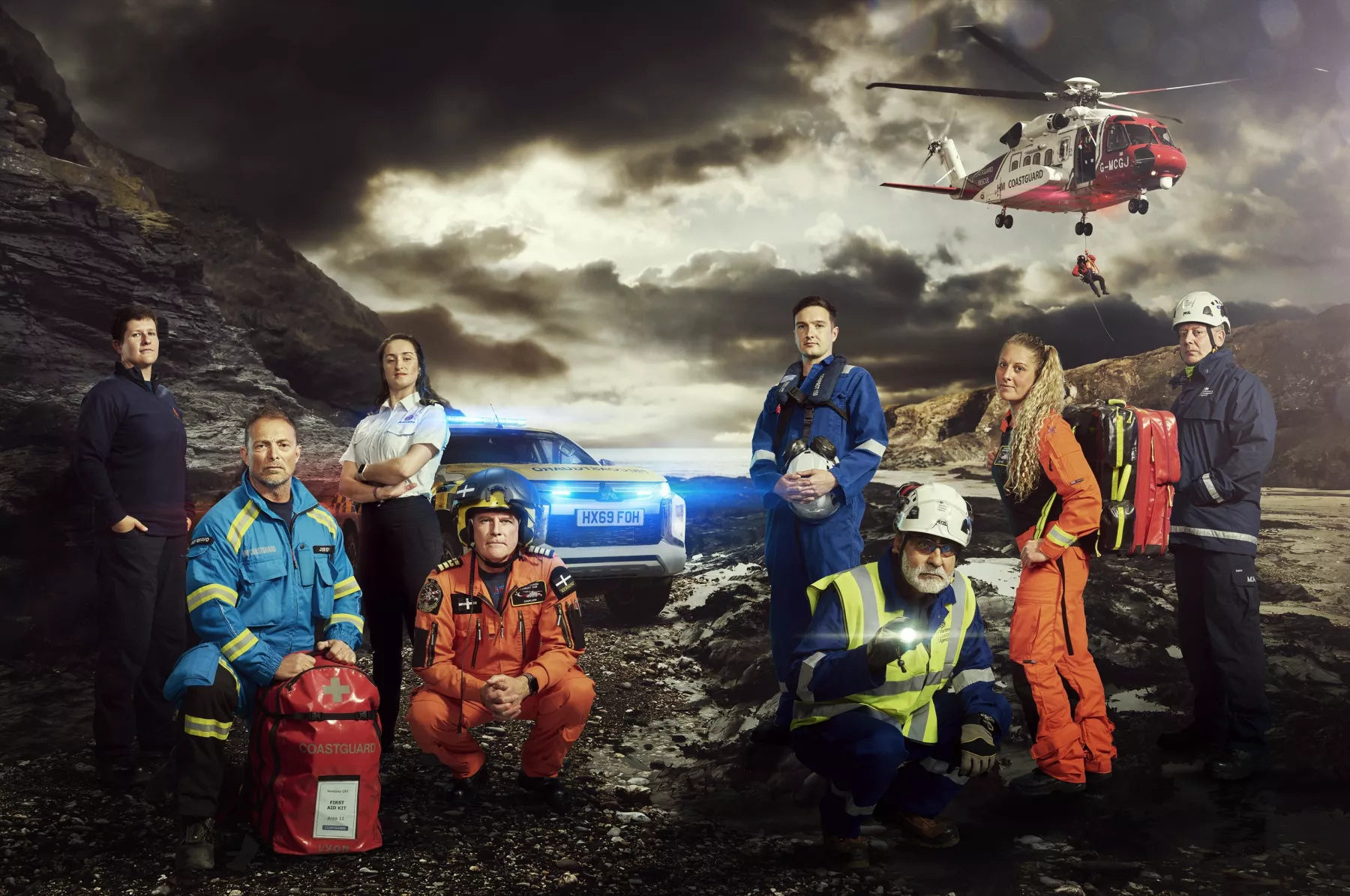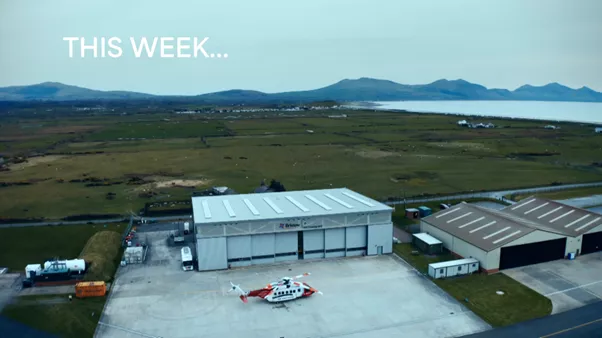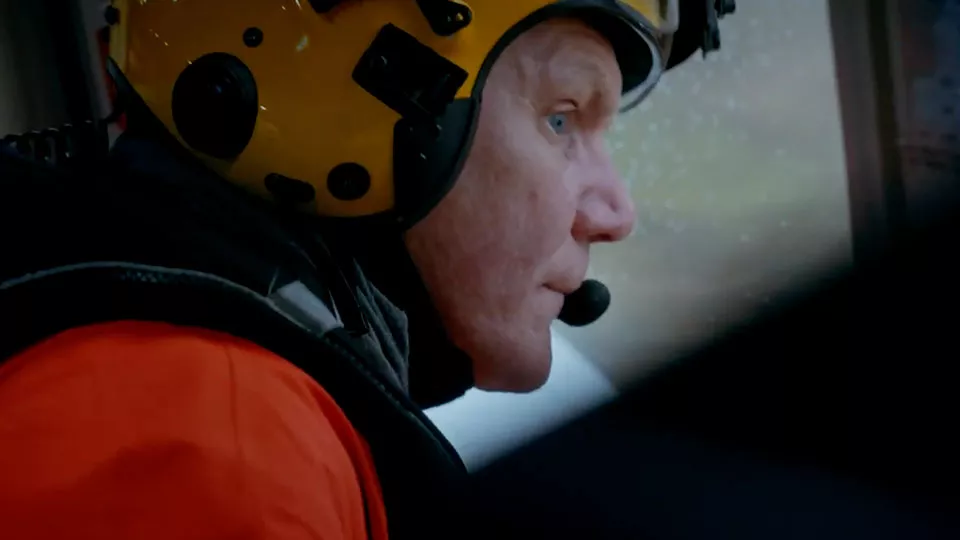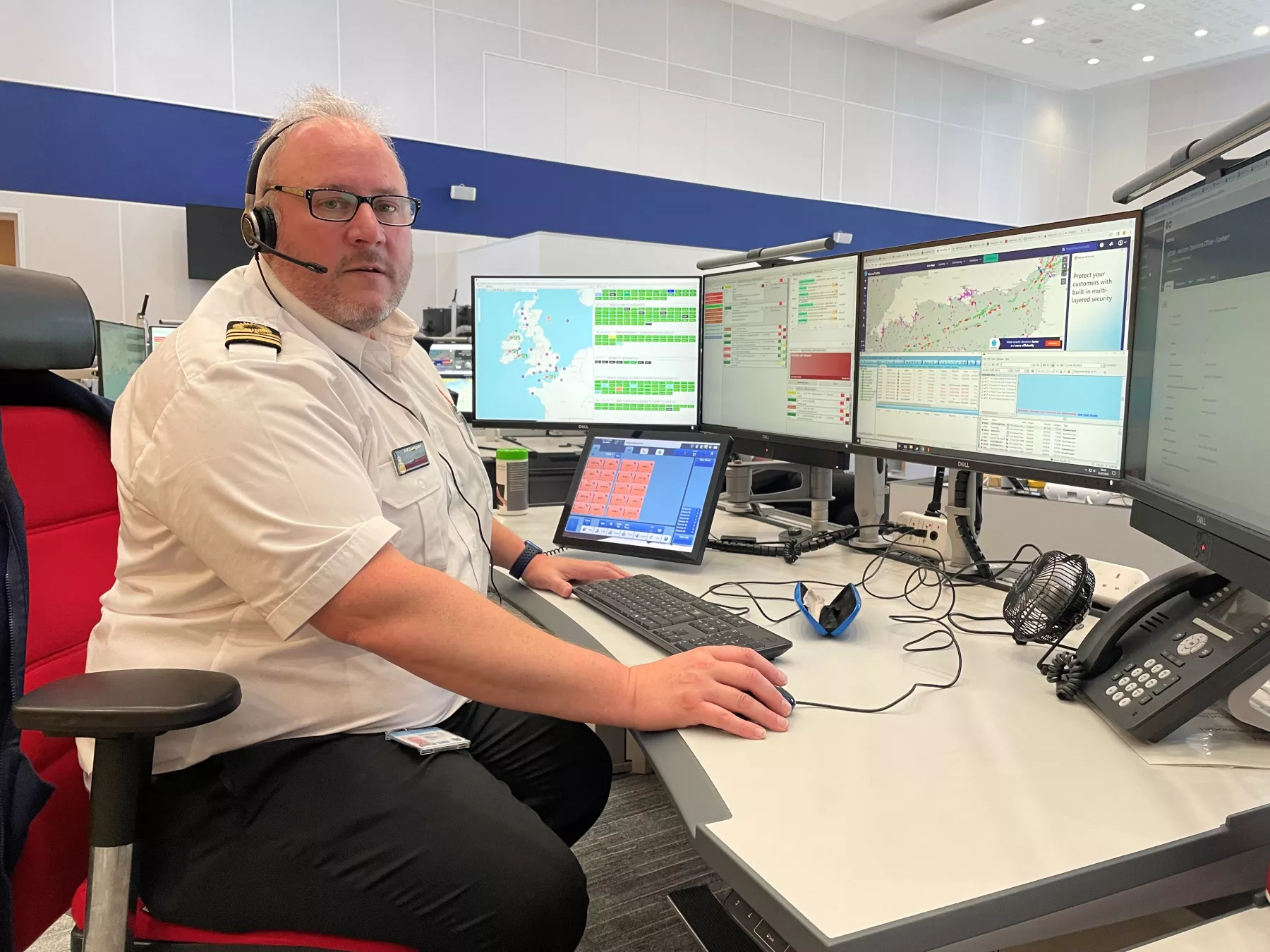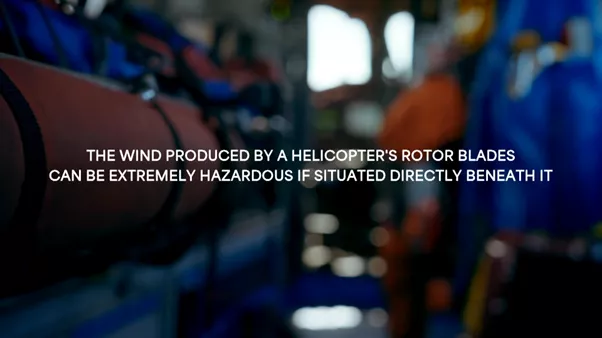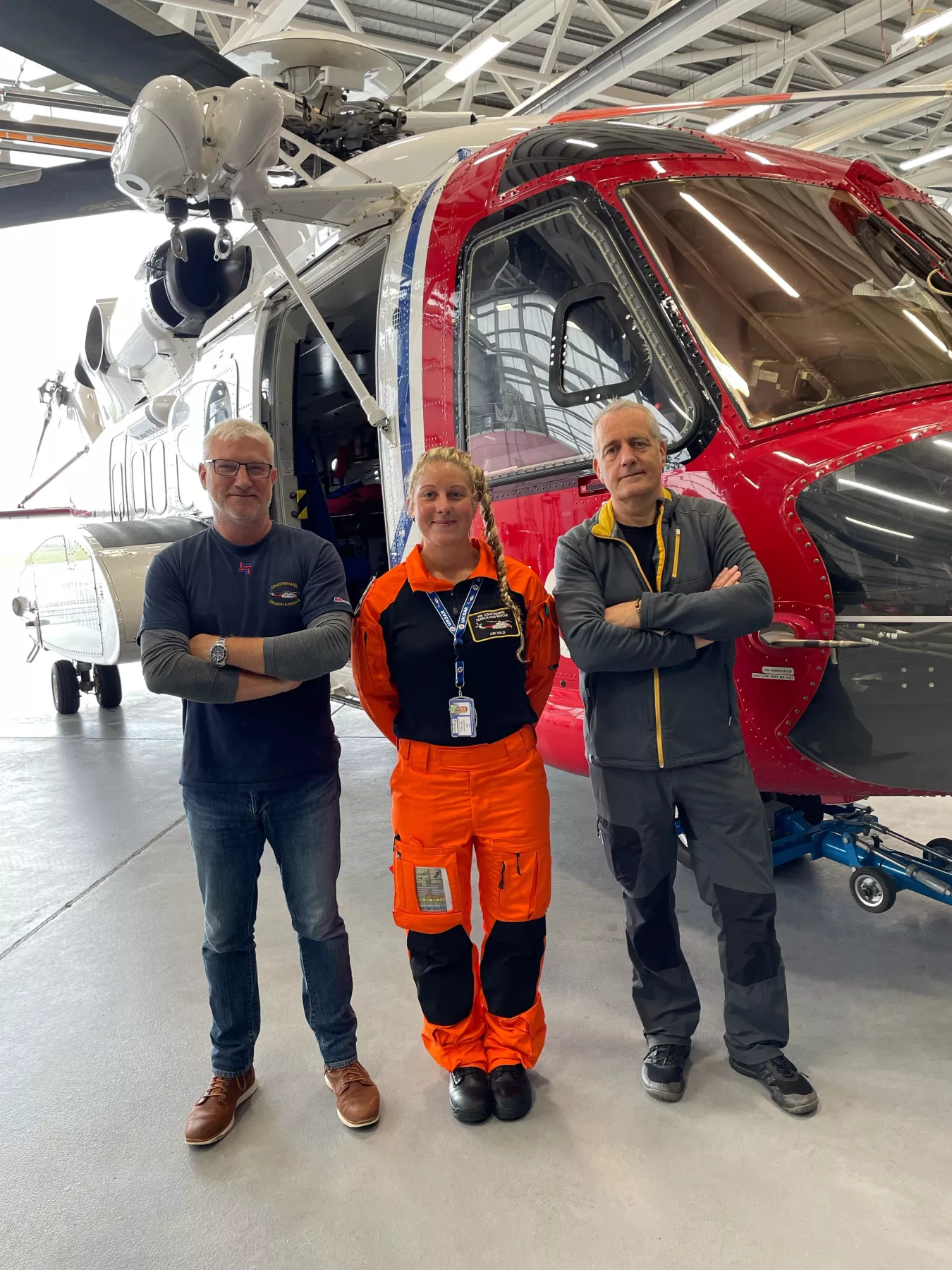A look into the stories we'll follow in episode three of our behind-the-scenes TV series, Coastguard
In Wales, the Coastguard Rescue Helicopter from Caernarfon is sent to help a kite surfer in trouble at sea. As time ticks away, concerns grow for him as rescuers worry about the conditions offshore.
In the Port of Tyne, the Survey and Inspection team head onto a Singaporean bulk carrier which has been in port for 17 days. The vessel is carrying high risk cargo and, if a major fault is found during the inspection, the vessel could be detained.
A 999 call comes in from an individual who has been caught out by the incoming tide, after going for a swim. Alone among hazardous rocks, the Newquay coastguard helicopter is tasked to an intricate and challenging rescue.
Meanwhile, the fixed wing aeroplane is on a Counter Pollution-tasked flight over British waters. The team fly over an area with a peculiar sheen, and record information to share back for analysis. The data is quickly sent back to HQ, where the Counter Pollution team get to the bottom of the findings.
Newquay coastguard helicopter crew are once more called into action after receiving a call that a climber is injured along the face of nearby sea cliffs. An awkward and challenging rescue lies ahead with the helicopter crew relying on the expertise of a Coastguard Rescue Team to help.
In Fareham at the Joint Rescue Coordination Centre, a fishing vessel triggers a distress signal, raising concern for the crew’s welfare. With no time to dwell and being unable to make contact with the vessel, the team organise lifeboats and nearby trawlers to help before it’s too late.
